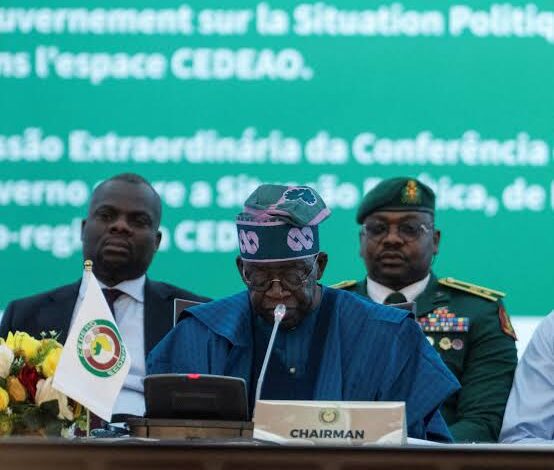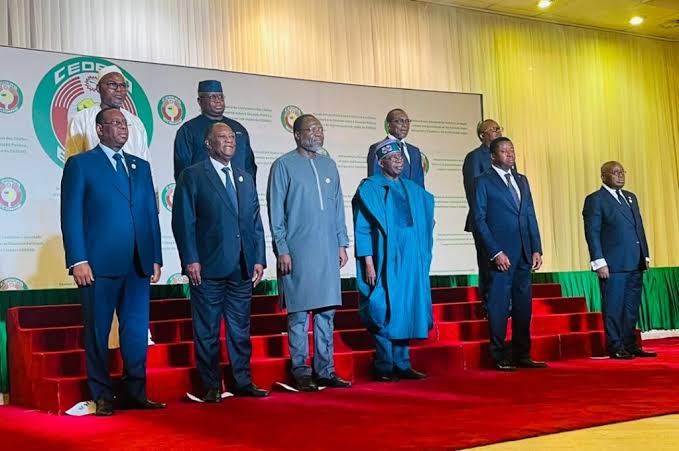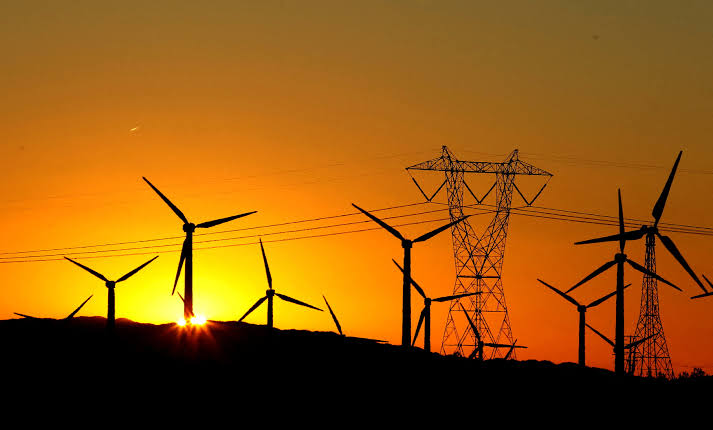
Faith Nyasuguta
West Africa’s ECOWAS has announced that it is easing sanctions imposed on Guinea and Mali, following a similar decision for Niger, all countries currently under military rule.
These sanctions were initially imposed due to military coups in these nations between 2020 and 2023. The regional bloc is lifting financial and economic sanctions against Guinea and ending restrictions on the recruitment of Malians for professional positions within ECOWAS institutions.
Although the decisions were made during an emergency summit on Saturday, they were not explicitly mentioned in the closing speech by ECOWAS Commission Chief Omar Alieu Touray but were outlined in the bloc’s official statement.
ECOWAS had suspended Guinea, Mali, and Burkina Faso from its membership due to military takeovers. The financial transactions with ECOWAS member institutions in Guinea were banned after Colonel Mamady Doumbouya ousted President Alpha Conde in 2021.

Economic and financial sanctions on Mali, which experienced coups in 2020 and 2021, were lifted in 2022 after the military announced a timetable for a return to civilian rule.
On Saturday, ECOWAS lifted a no-fly zone, border closures, and asset freezes against Niger on humanitarian grounds, following the coup that overthrew elected leader Mohamed Bazoum in the previous year. However, political and individual sanctions against Niger remain in place.
This move by ECOWAS indicates a willingness to engage in dialogue with military regimes within its member states. Mali, Niger, and Burkina Faso recently expressed their intention to leave the bloc and formed an alliance, cutting ties with traditional security partner France and establishing closer relations with Russia, which is seeking increased influence in Africa.
During the emergency summit, Nigerian President Bola Ahmed Tinubu emphasized the need to reevaluate the current approach to constitutional order in four member states.
Nigeria currently holds the rotating chairmanship of ECOWAS, and the decision to ease sanctions suggests a diplomatic effort to address the evolving political landscape in the region and maintain open channels of communication with countries under military rule.
RELATED:




